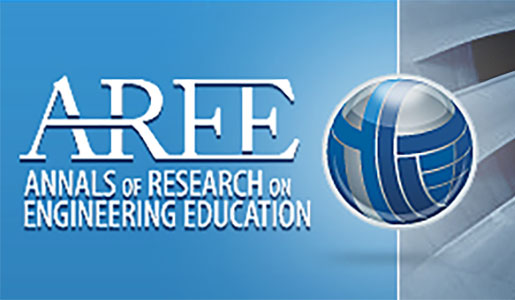Article: The Development of Adaptive Expertise in Biomedical Engineering Ethics
This study was organized within the context of expertise research. Significant studies with a similar focus have found that students and professionals often progress through four levels of expertise”>novice, intermediate, routine expert, and adaptive expert. Adaptiveness is considered the ability to approach a new problem flexibly and creatively. Research has indicated that adaptiveness decreases as individuals progress in their expertise from novice to intermediate, and again from intermediate to routine expert. Researchers suggest this may be because as an individual gains knowledge, their mental structures related to that knowledge become more and more rigid. It is the rare expert that is then able to take the next step, and use their vast body of knowledge flexibly. However, adaptiveness is a desirable trait to retain as expertise advances, particularly in the field of biomedical engineering, which is developing at a fast pace and is ethically controversial.
This research investigated how students across a range of developmental expertise incorporated adaptiveness into their responses to a short curriculum on the science and ethics of stem cell research. The curriculum was presented through the Legacy Cycle, which is based on the How People Learn (HPL) theory. HPL posits that learning can be optimized by making it student-centered, knowledge-centered, assessment-centered, and community-centered. The stem cell curriculum was presented in four classrooms across a range of expertise development (high school, and first, second, and third and fourth year Biomedical Engineering college students). The researchers gathered pre- and posttest data to assess changes in factual knowledge and adaptiveness. The researchers used a 2×4 ANOVA with time as a within-subject factor and group as a between-subjects factor to assess changes in factual knowledge. Additionally, they used repeated measures logistic regression models to assess adaptiveness, with the same within-subjects and between-subjects factors as in the ANOVA.
Data analysis indicated that novices (high school students and first year college students in Biomedical Engineering) began with a low level of factual knowledge and adaptiveness, and progressed to a high level of factual knowledge and adaptiveness. Routine experts (third and fourth year college students in Biomedical Engineering) began with a high level of factual knowledge and a low level of adaptiveness, but did not change on either of these domains between the pre- and posttests. The intermediate students (second year college students in Biomedical Engineering) were in between these two groups. This data suggests that it is easier for students to learn adaptiveness before, or alongside, a core curriculum. Based on these results, the researchers suggest that Biomedical Engineering classrooms incorporate adaptiveness skills into their core curriculum in order to assist students to become adaptive experts rather than routine experts. Future research will consider the on-going impact of an adaptive-focused curriculum on the adaptiveness of upper-level college students.
Support for this research was provided by the Engineering Research Centers program of the National Science Foundation through the VaNTH ERC and the Clint W. Murchison Chair of Free Enterprise Funds.
Author 1: Karen Rayne [email protected]
Author 2: Taylor Martin [email protected]
Author 3: Sean Brophy [email protected]
Author 4: Nate J. Kemp [email protected]
Author 5: Jack D. Hart [email protected]
Article Link: http://www.asee.org

